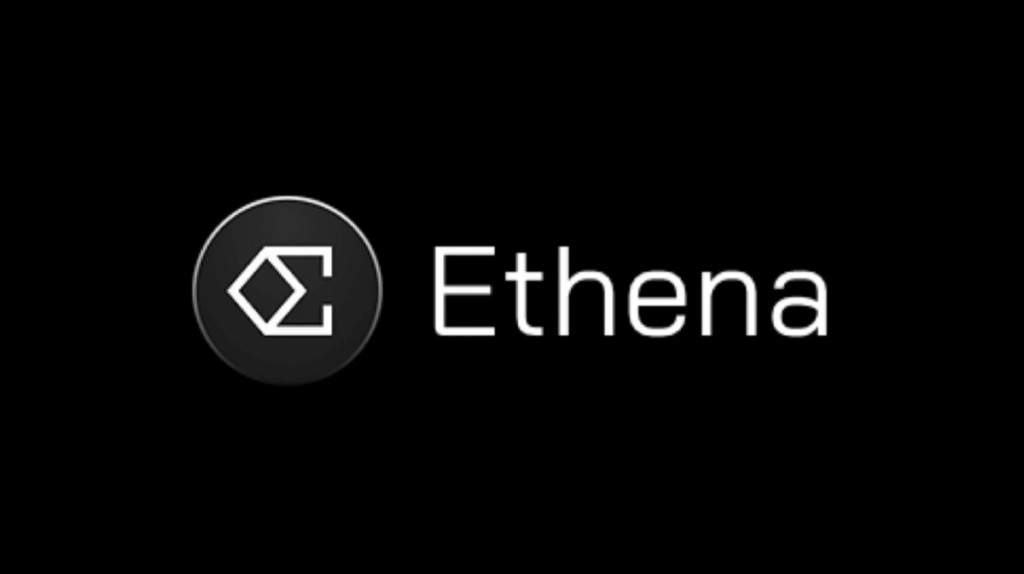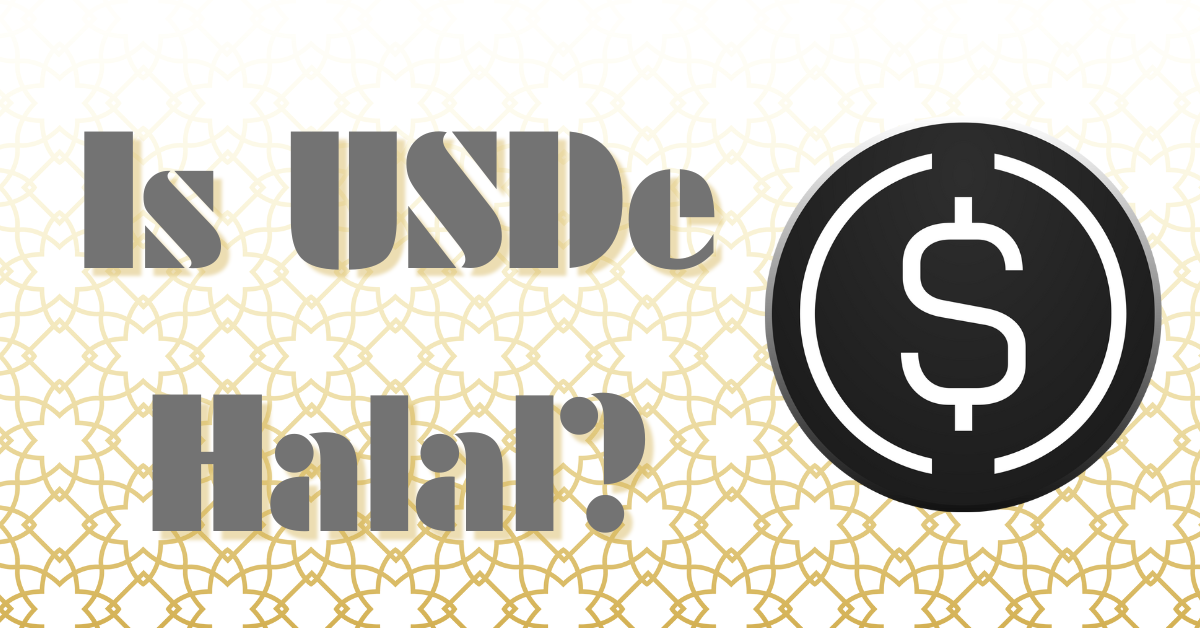Is Ethena USDe halal? This question has become crucial in the ever-evolving world of cryptocurrencies. Today, we dive into Ethena USDe, a novel stablecoin attracting significant attention. This article explores Ethena USDe, its mechanisms, and its alignment with Islamic finance principles.

Table of Contents
What is Ethena USDe?
Ethena USDe is a unique stablecoin protocol designed to maintain a 1:1 peg with the US Dollar. Unlike traditional stablecoins, Ethena USDe achieves this through a delta-neutral strategy using ETH-based perpetual futures. This approach aims to provide a more capital-efficient solution while generating sustainable yields for users.
Key Features of Ethena USDe
- Stablecoin Category: Asset-Backed Stablecoin
- Ecosystem: Ethereum, Optimism, Linea, EigenLayer, Kava, Metis Andromeda, Mantle, Manta Pacific, Scroll
- Purpose: Serves as a stablecoin maintaining its peg through market-neutral strategies
- Business Model: Generates yield through ETH staking rewards and perpetual futures funding rates
- Development: Launched in March 2024 with rapid adoption and active development
How Does Ethena USDe Work?
Ethena USDe operates on a delta-neutral strategy, which involves users depositing ETH as collateral. This collateral is then used in a combination of spot ETH positions and perpetual futures. The protocol earns revenue through ETH staking rewards and perpetual futures funding rates, ensuring the stability of the USDe peg.
Is Ethena USDe Halal?
Yield Generation
Ethena USDe generates yield through staking rewards and funding rates, which could be seen as a form of interest. This raises concerns about Riba (interest), a critical issue in Islamic finance.
Delta-Neutral Strategy
The use of perpetual futures and delta-neutral strategies might be considered speculative, which is another concern in Islamic finance known as Gharar (speculation).
Asset Backing
Ethena USDe is backed by ETH, which is a volatile asset. The stability of the peg relies on market mechanisms rather than traditional collateralization. This volatility could be seen as a risk factor.
| Consideration | Positive Impact | Negative Impact |
|---|---|---|
| Yield Generation | Sustainable income for users | Potential interest (Riba) concerns |
| Delta-Neutral Strategy | Market-neutral approach | Possible speculation (Gharar) issues |
| Asset Backing | Transparent collateral | Volatility of ETH backing |
Comparison with Other Stablecoins
Here’s a quick comparison of Ethena USDe with other stablecoins:
| Stablecoin | Mechanism | Halal Status |
|---|---|---|
| USDC | Fiat-backed | Generally considered halal |
| USDT | Fiat-backed | Generally considered halal |
| Ethena USDe | Delta-neutral strategy | Under review |
Conclusion
The halal status of Ethena USDe is a complex issue that requires careful consideration of its mechanisms and compliance with Islamic finance principles. While it offers innovative solutions for stablecoin management, the use of yield generation and delta-neutral strategies raises questions about its alignment with halal standards.
We encourage our readers to explore more about the halal status of other cryptocurrencies on our platform. Check out our analyses on Hyperliquid, Pepe, and Bitget Token for further insights.
Join the conversation and share your thoughts on the halal status of Ethena USDe. Your insights and votes can help shape the community’s understanding of this innovative stablecoin. Visit the Ethena USDe report for more detailed information and contribute your views. And for a deeper dive into Sharia assessment for digital assets, check out this informative Sharia Assessment for Digital Assets.
Disclaimer: This article is intended for educational purposes only. If you need a fatwa for your specific situation, always consult a qualified Islamic scholar you trust. The purpose of this article is to broadly address the question: Is Ethena USDe halal? It should not be considered as religious or financial advice.
